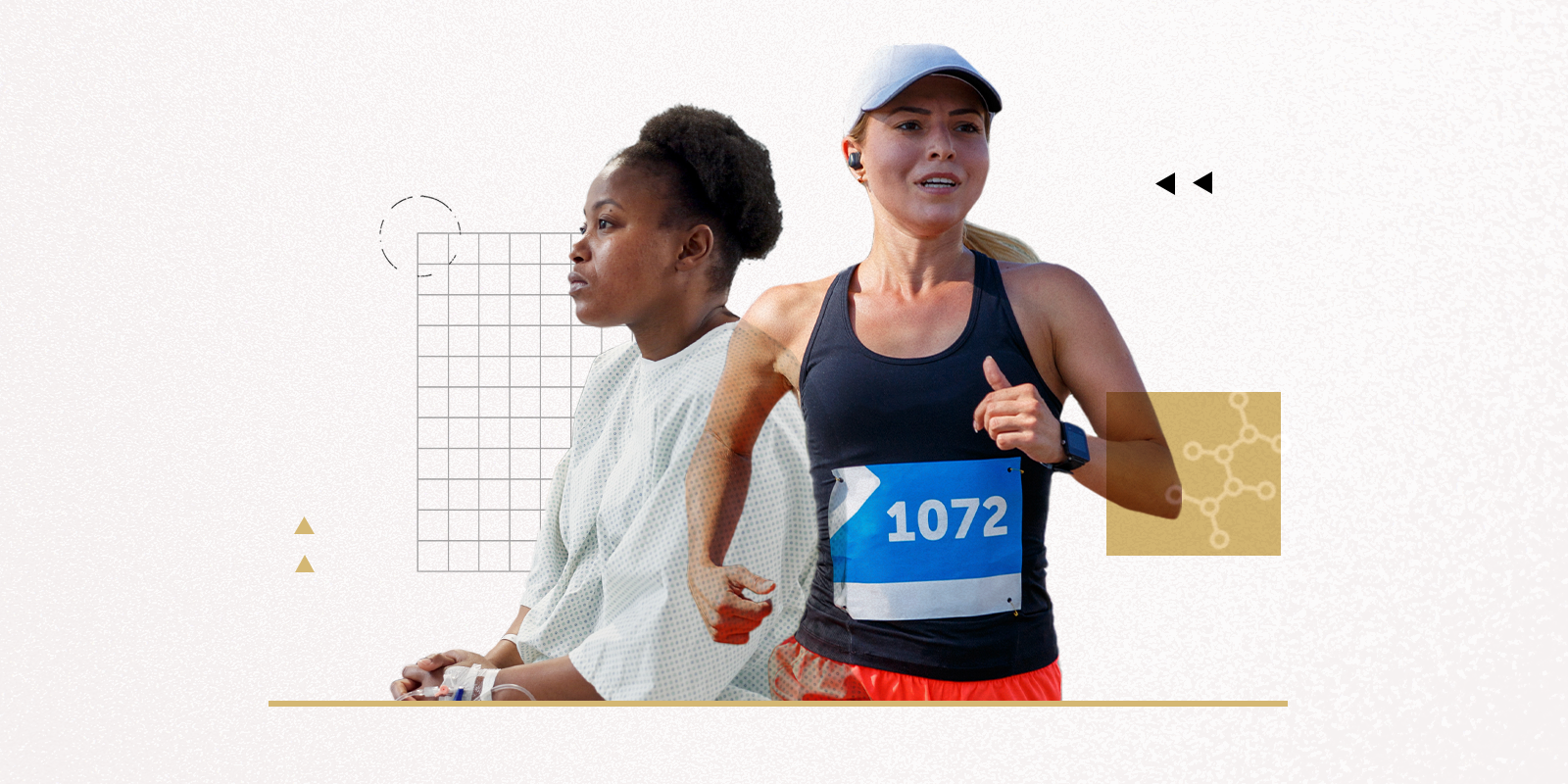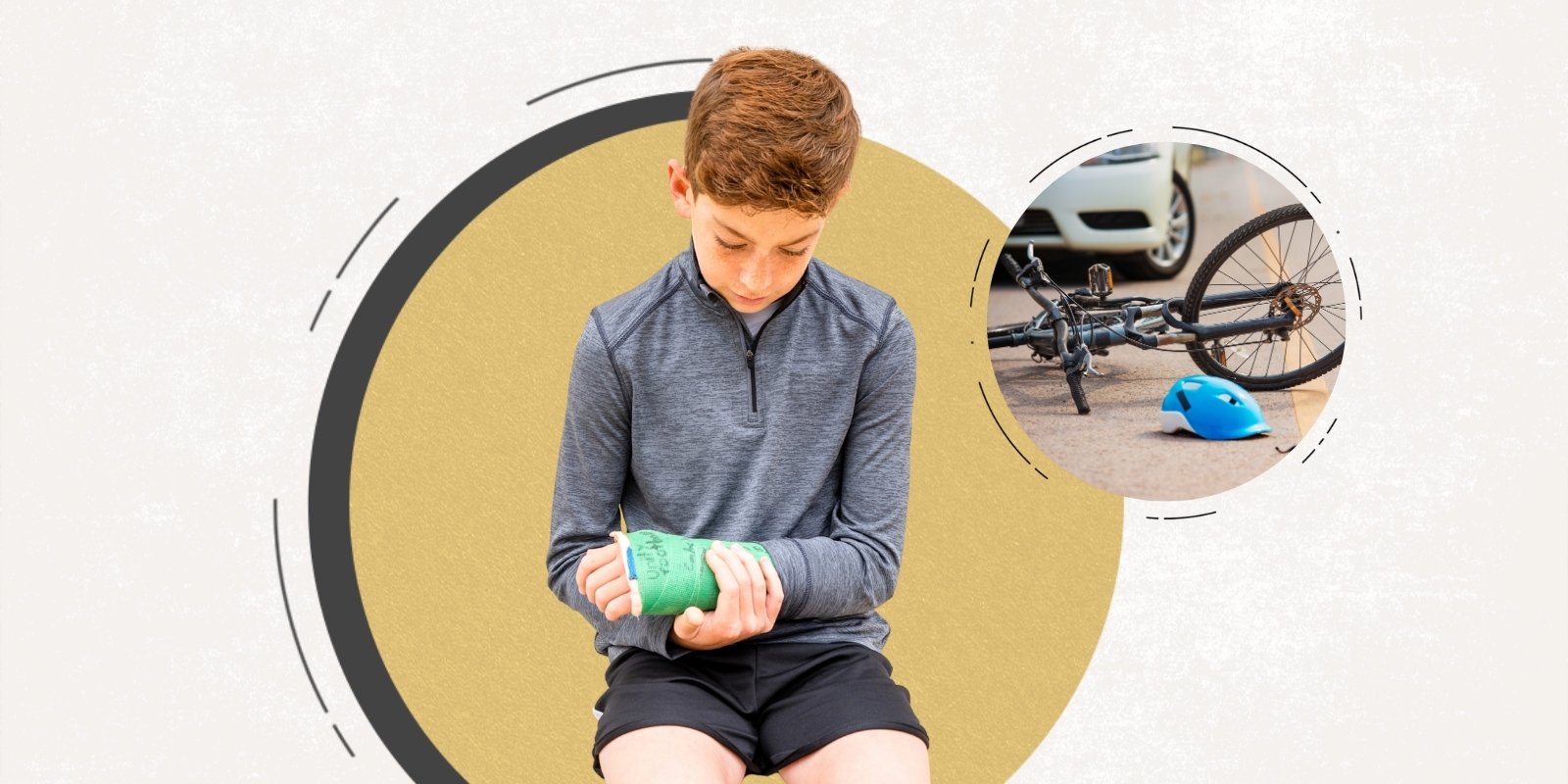How has online dating/social media changed love and relationships?
Dating apps have made people more accessible to one another and on demand – the next person awaits at a quick swipe of our fingertips. That can be really exciting and create opportunity for connection that may be more limited offline. However, there are also some pitfalls that come with the convenience of dating apps. The apps portray that there are infinite options available, which can make creating meaningful connection difficult for many. People will often report to me that it’s a frustrating space because they are finding a lack of effort, are experiencing “ghosting,” or they’re missing the opportunity to get to know someone because they’re onto the next person who may seem more interesting.
Is sustainable love feasible in this world of dating apps where a new person is just a swipe away?
Yes, I believe long-term relationships are sustainable despite the technology we’ve created to have access to so many through dating apps. I hear success stories about people meeting on these platforms even if the next potential partner is just a swipe away. People are showing up on these apps for different reasons, and many are looking for long-term relationships. When we are clear about what we’re looking for, we’re more likely to find it.
Do you think dating apps make us view love as more disposable?
Absolutely. Dating apps will often feed an illusion that we can find someone else in a matter of seconds, especially if it delivers that hit of dopamine or validation we often experience when connecting with someone new. Fantasy will always be more alluring than what we already know and see in front of us, so it’s important to be aware of this. The “disposable” culture isn’t necessarily all bad either as it can prompt individuals to explore and experiment with different people and types of relationships.
How can we overcome this idea that love is disposable?
Be willing to sit with the reality that there’s always going to be something you don’t like about a person, and it’s called “cost of admission.” With dating apps, people aren’t sticking around because the app makes it easy to return to swiping and seeking out the next best thing. We can break these patterns by learning to stick it out a bit longer and put it all on the table using direct and open communication. Cherish those relationships we do have with respect and nourishment.
Psychologically, what does this ghosting, orbiting, breadcrumbing, etc., do to people, and how is that impacting us?
Dating apps can certainly be a playground for anxiety. I’ve been doing some deep diving on ghosting because it’s something we’re seeing more and more in dating spaces as people disappear suddenly and without explanation. It can be really harmful to the individual that’s being ghosted because we often create stories around why something has happened, that we’re not good enough, etc. The reality is when someone ghosts, it’s more a reflection of themselves. They’re avoiding conflict and/or communication, perhaps because they don’t have the skills to talk about losing interest, so instead they vanish. While it can be hurtful and leave many questions unanswered, it’s also great information for the person who was ghosted – is that person displaying traits of someone you really want in your life?
How can people who are ghosted deal with that negative psychological impact?
People can practice giving themselves the closure they are seeking, create new narratives around what happened and work on not taking things so personally. It’s important to stop looking at dates as a mirror. If a date goes poorly, we tend to question what we did wrong and find flaws in ourselves. It’s an attempt to make a connection – it’s there or it’s not. This will help with continuing to put yourself out there rather than internalizing what didn’t work.
What are potential red flags we should look for when it comes to using online dating apps?
If you have to jump through hoops to connect with someone to learn more information about them…red flag! What message is this sending about commitment? Seriousness? Communication? If they’re not showing up on the app, how will they show up in the relationship? Having limited pictures displayed and excessive speech around what someone doesn’t want is also a red flag. Green-flag energy may be those who demonstrate similar values, appear genuine, authentic and open. And of course, when you’re meeting for the first time, make sure you’re meeting in a public space.
What is the key to growing a new relationship after people have gone from online to real life?
Communication is key. It’s so important for both parties to have conversations around what they’re looking for, what their boundaries are and what they’re open to. I also advise not getting too attached before meeting or getting to know someone. The dating profile is a resume, meeting in person is the interview. Many are moving toward this idea of the “zero date,” a date that is an hour or less to determine whether or not they want to spend more time getting to know someone. Spending too much time with someone at first prevents data from being collected such as to whether or not they’re reliable, consistent, etc. Gather information over time to get to know the person.
Is there anything you want to add?
Have fun! Enjoy the swiping and the process if you decide to engage in dating apps. Don’t take dating too seriously while also date with a purpose. Whatever energy you go into dating with is the energy that will be reflected in the quality of the matches. The energy you put out will be the energy you receive! Take inventory of your values and show up in those spaces that align because that is where we have the most probable chance of connecting with people that are a good match. We can take this information about ourselves onto the dating apps and out into “the wild.” Then, we’re living a life of purpose and meaning as an unattached person, and when we meet someone that is a good fit, it’s a cherry on top rather than being the center of our life pursuit.





